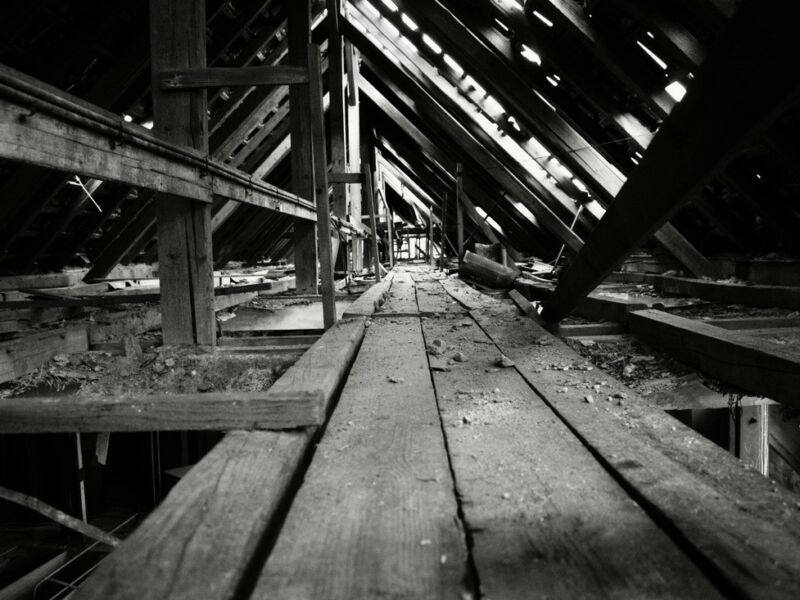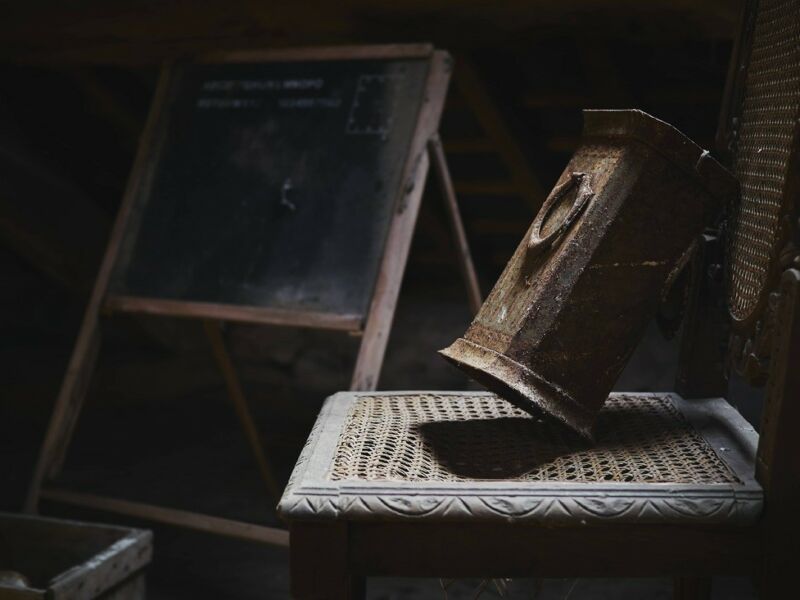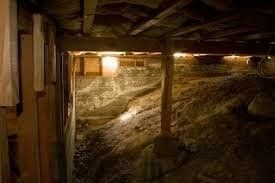
Introduction
When it comes to landscaping around the house foundation, one common question that homeowners have is whether it is better to use mulch or rock. Both materials offer their own set of advantages and drawbacks, and the choice often depends on personal preference, climate, and the specific needs of the property. In this article, we will explore the benefits and drawbacks of mulch and rock as landscaping materials for the house foundation. We will also provide tips for proper installation and maintenance to ensure the longevity and health of your foundation.
Brief Overview of Mulch and Rock

- Mulch: Mulch is an organic material that is typically made from shredded bark or wood chips. It is popular for its ability to retain moisture, suppress weed growth, and enhance soil health. Mulch also adds visual appeal to the landscaping.
- Rock: Rock, on the other hand, is an inorganic material that is often used for its durability and low maintenance. Common types of rock used for landscaping include gravel, river rock, and lava rock. Rock is known for its ability to provide excellent drainage and can be an ideal choice for areas with heavy rainfall.
The Benefits of Mulch Around the House Foundation
Using mulch as a landscaping material around the house foundation offers several benefits:
1. Moisture Retention:
Mulch helps to retain moisture in the soil, which is crucial for the health of the plants. It acts as a natural barrier, slowing down evaporation and reducing the need for frequent watering.
2. Weed Suppression:
Mulch acts as a barrier and prevents weed seeds from germinating and growing. This reduces the need for manual weeding and helps to maintain a neat and tidy appearance.

3. Soil Health:
As organic mulch decomposes, it enriches the soil with nutrients. This promotes healthier plant growth and overall soil quality.
4. Insulation:
During extreme weather conditions, such as hot summers or cold winters, mulch acts as insulation for the soil. It helps to regulate soil temperature, protecting the roots of plants from temperature extremes.
The Drawbacks of Mulch Around the House Foundation
While mulch offers many benefits, there are also a few drawbacks to keep in mind:
1. Decay and Decomposition:
Organic mulch decomposes over time, which means it needs to be replenished regularly. If not properly maintained, decaying mulch can attract pests and fungi.
2. Weed Attraction:
If mulch is not applied correctly or if the layer is too thin, it can actually promote weed growth rather than suppress it. Weeds can easily penetrate through a thin layer of mulch and establish themselves in the soil.
3. Attracts Pests:
Some pests, such as termites, are attracted to wood-based mulches. If your area is prone to termite infestations, it may be best to avoid organic mulch and use an alternative landscaping material.
4. Risk of Overmulching:
Overmulching, or applying too much mulch around the base of plants, can suffocate the roots and lead to root rot. It is important to apply mulch in moderation and leave space around the plant stems.
The Benefits of Rock Around the House Foundation
Rock landscaping around the house foundation also offers several advantages:
1. Durability:
Rock is a long-lasting material that does not decompose like organic mulch. It can withstand harsh weather conditions, foot traffic, and other external factors without losing its functionality or visual appeal.
2. Excellent Drainage:
Rock allows for superior drainage, making it an ideal choice for areas with heavy rainfall. It prevents water from pooling around the foundation, reducing the risk of water damage and foundation issues.
3. Low Maintenance:
Unlike mulch, rock does not require regular replacement or replenishment. Once installed, it can last for years without the need for much maintenance.
4. Fire Resistant:
In areas prone to wildfires, rock landscaping can act as a firebreak and reduce the risk of fire spreading to the house. Certain types of rock, such as lava rock, are highly fire-resistant.
The Drawbacks of Rock Around the House Foundation
Despite its benefits, using rock as a landscaping material also has a few drawbacks:
1. Poor Water Retention:
Unlike mulch, rock does not retain moisture in the soil. This can be a disadvantage in dry climates or for plants that require consistent moisture.
2. Heat Absorption:
Rock absorbs and retains heat, which can affect the temperature of the surrounding soil. This can be beneficial in colder climates but may increase the risk of overheating for some plants.
3. Difficult Weed Removal:
While rock can suppress weed growth, it may be more challenging to remove weeds that do manage to grow between the rocks. Manual removal or the use of weed barriers may be necessary to maintain a weed-free landscape.
Proper Installation and Maintenance
Regardless of whether you choose mulch or rock for your landscaping, proper installation and maintenance are essential. Here are some tips to ensure the longevity and health of your foundation:
1. Prepare the Site:
Clear the area around the foundation of any existing vegetation or debris. Level the ground and ensure proper grading to promote proper drainage away from the house.
2. Install a Barrier:
To prevent weeds from growing through the mulch or rock, consider installing a weed barrier or landscape fabric before laying down the material. This will help to keep the area weed-free and reduce maintenance efforts.
3. Use Edging:
Installing edging materials, such as plastic, metal, or stone, can help to define the boundaries of the landscaping area and prevent the mulch or rock from spilling onto other surfaces.
4. Maintain Proper Depth:
For mulch, maintain a layer thickness of 2-4 inches to ensure effective moisture retention and weed suppression. For rock, a depth of 2-3 inches is generally sufficient to provide proper drainage and prevent weed growth.
5. Regularly Inspect and Maintain:
Regularly inspect the mulch or rock landscaping for any signs of decay, pests, or weed growth. Remove any decaying mulch or weeds and replenish as needed.
Conclusion
In conclusion, both mulch and rock offer their own advantages and drawbacks for landscaping around the house foundation. Mulch provides moisture retention, weed suppression, and soil health benefits, while rock offers durability, excellent drainage, and low maintenance. The choice between the two materials depends on personal preference, climate, and the specific needs of your property. By following proper installation and maintenance practices, you can create a visually appealing and functional landscape that enhances the health and longevity of your foundation.



